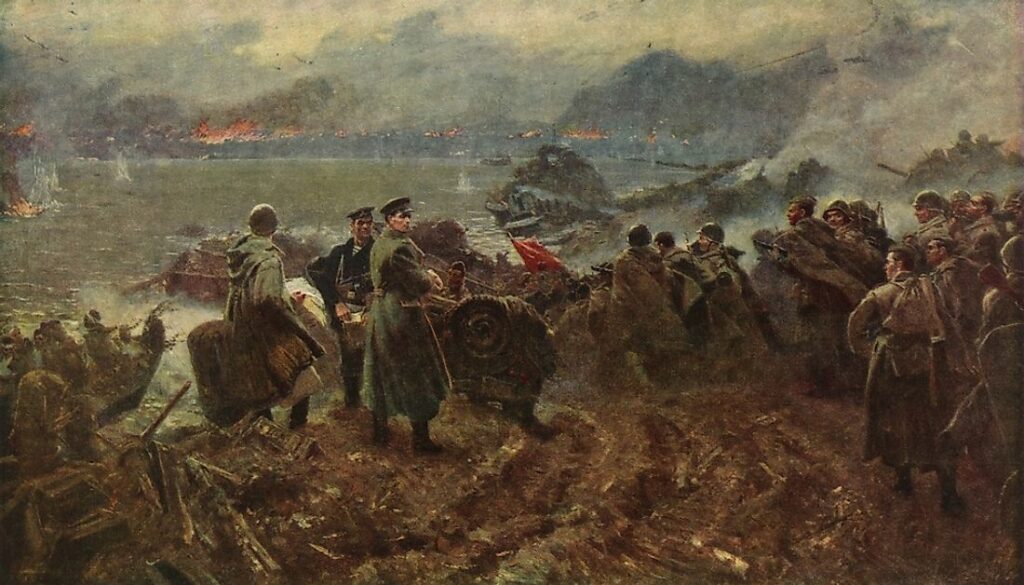The Battle of Stalingrad, a turning point in World War II, saw the defeat of the German Army by the Soviet Union. At the heart of this victory was Marshal Georgy Zhukov, whose strategic planning and tactical brilliance played a crucial role in the Soviet success. Zhukov’s ability to outmaneuver the enemy and inspire his troops proved to be decisive in the brutal street-by-street fight for control of Stalingrad. By November 1942, the tide had turned in favor of the Soviets, leading to the encirclement and destruction of the German Sixth Army. Zhukov’s leadership will forever be remembered as one of the greatest achievements in military history.
The Battle of Stalingrad: Zhukov’s Military Leadership in the Turning Point of World War II
Introduction
The Battle of Stalingrad is often considered one of the most significant battles in World War II, marking a turning point in the war on the Eastern Front. It was a brutal and grueling battle that lasted from August 1942 to February 1943, resulting in the defeat of the German Army and a major victory for the Soviet Union. At the center of this pivotal battle was the remarkable military leadership of Marshal Georgy Zhukov, who played a crucial role in the Soviet victory.
The Beginning of the Battle
In August 1942, the German Army launched a massive offensive against the city of Stalingrad, a major industrial center on the Volga River in southern Russia. The Germans hoped to capture the city and cut off the Soviet Union’s vital oil supplies from the Caucasus region. The battle quickly became a brutal street-by-street fight for control of the city, with both sides suffering heavy casualties.
Zhukov’s Strategic Planning
Marshal Georgy Zhukov, the Soviet Union’s most capable military commander, was appointed to lead the defense of Stalingrad. Zhukov was known for his strategic brilliance and his ability to outmaneuver his opponents. He devised a clever plan to surround the German Army and cut off their supply lines, effectively trapping them in the city. This strategy proved to be a decisive factor in the Soviet victory.
Zhukov’s Tactical Genius
Throughout the battle, Zhukov demonstrated his exceptional tactical skills, constantly adapting to the changing conditions on the battlefield. He made effective use of artillery and air support, and he coordinated the movements of different Soviet units to achieve maximum impact against the German forces. Zhukov’s leadership inspired his troops to fight fiercely against the German invaders, despite the harsh conditions and heavy losses.
The Turning Point
By the end of November 1942, the tide of the battle had turned in favor of the Soviets. The German Army was running out of supplies and reinforcements, and their morale was rapidly declining. Zhukov’s strategic planning and tactical brilliance had paid off, and the Soviet forces were able to launch a successful counteroffensive that ultimately led to the encirclement and destruction of the German Sixth Army in Stalingrad. This was a major turning point in the war on the Eastern Front, and it marked the beginning of the Soviet Union’s advance towards victory.
Conclusion
The Battle of Stalingrad was a pivotal moment in World War II, and the leadership of Marshal Georgy Zhukov was instrumental in the Soviet victory. His strategic planning and tactical genius played a crucial role in turning the tide of the battle in favor of the Soviet Union. Zhukov’s leadership has been widely praised by military historians and experts, and his contributions to the victory at Stalingrad will be remembered as one of the greatest achievements in the history of warfare.
